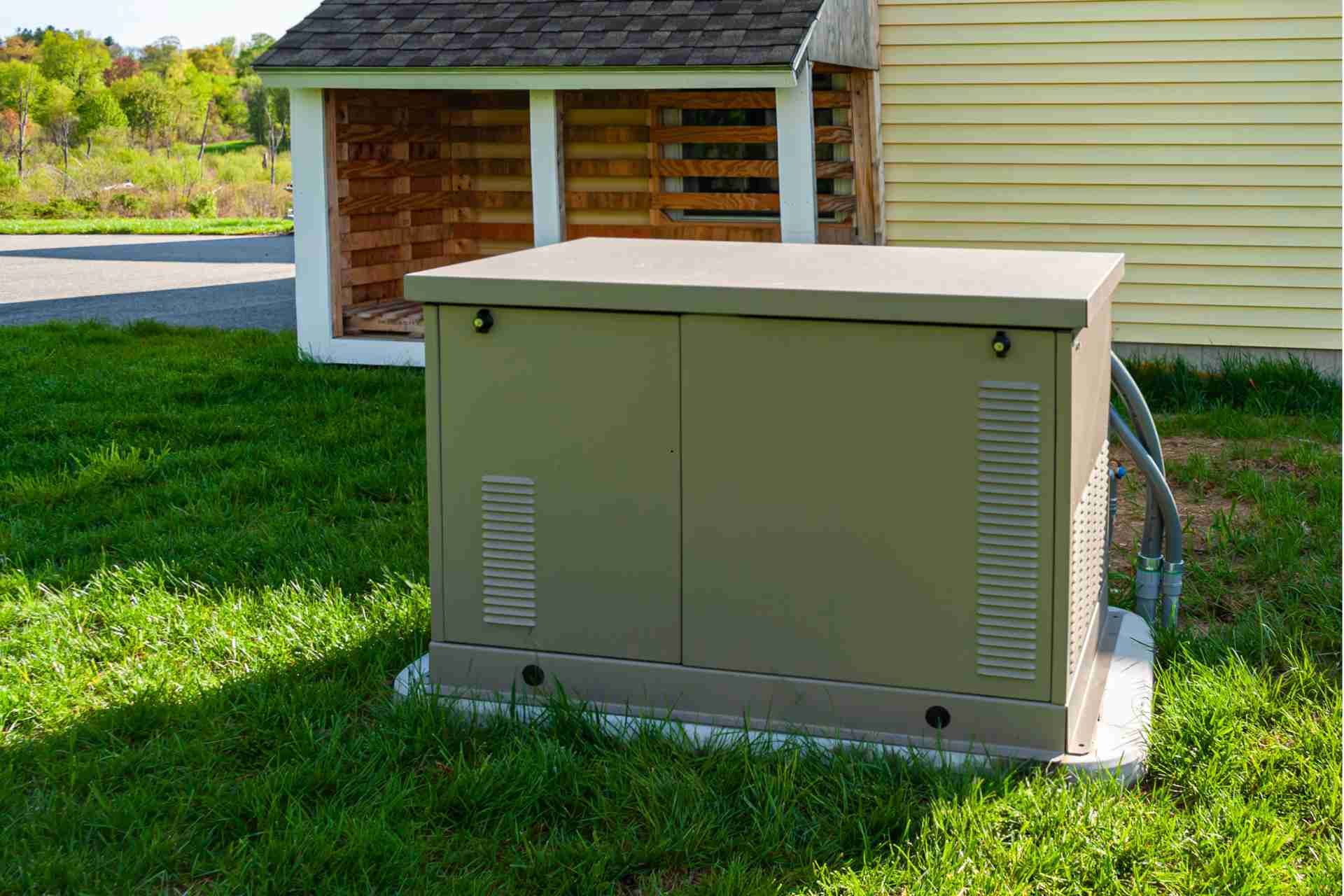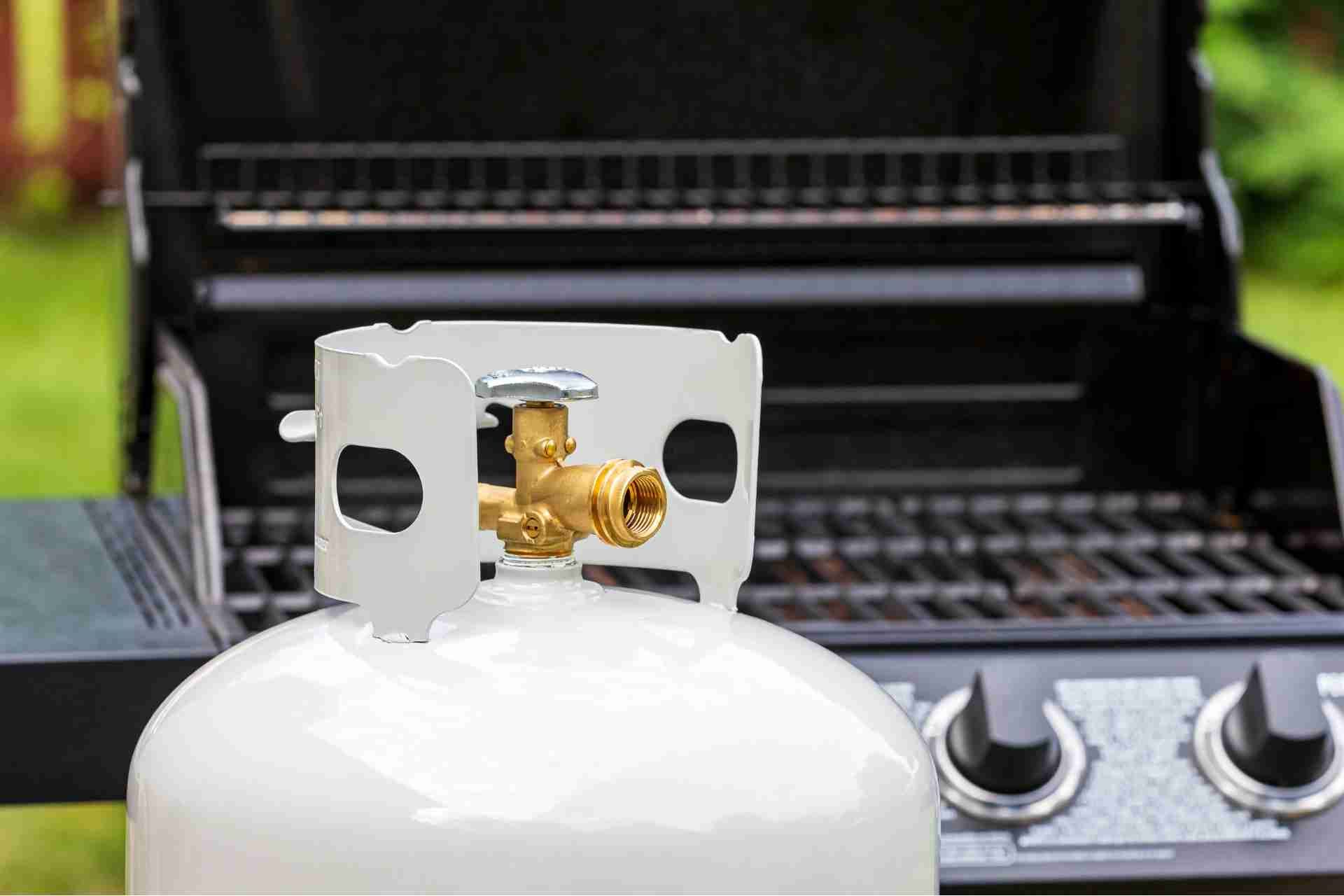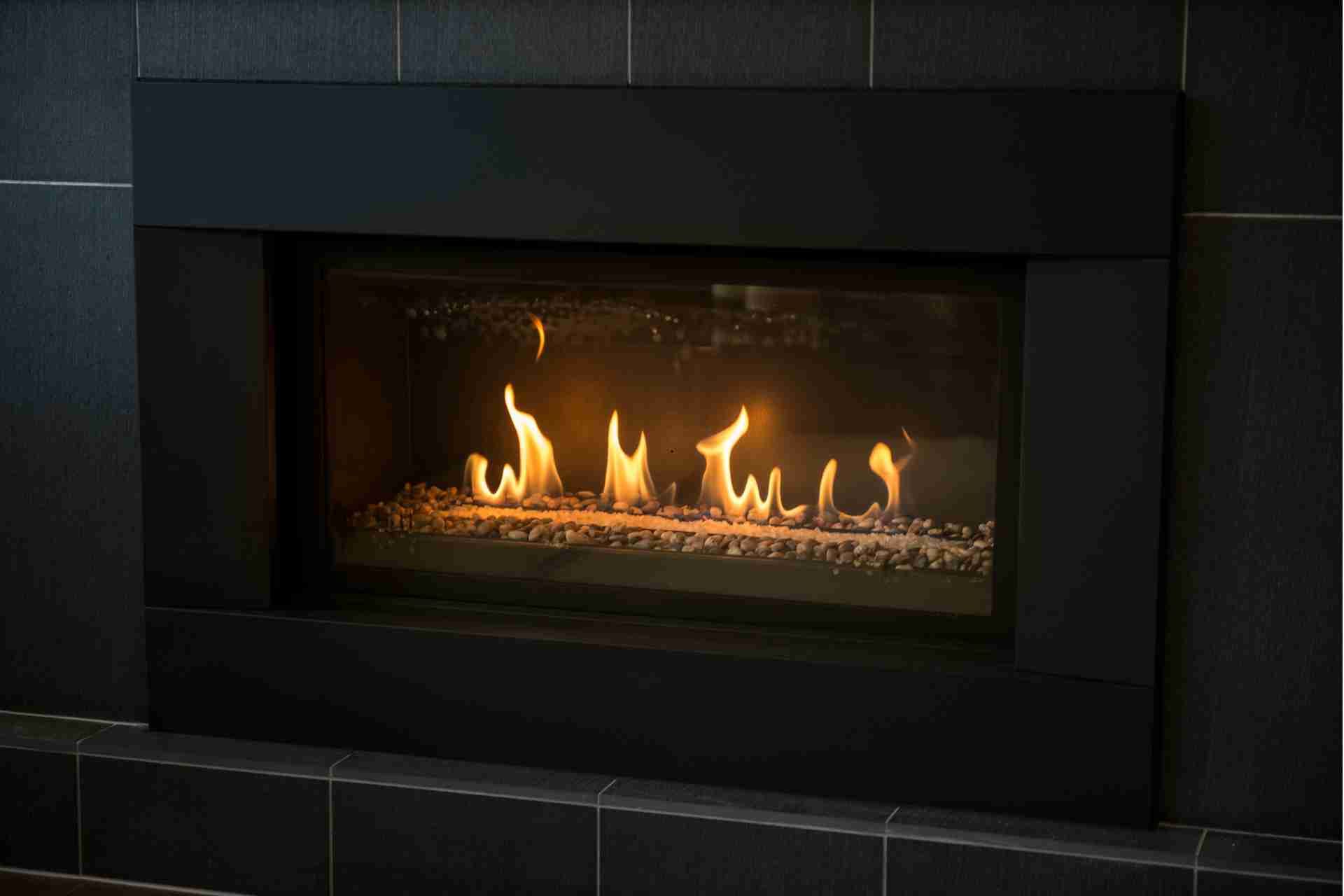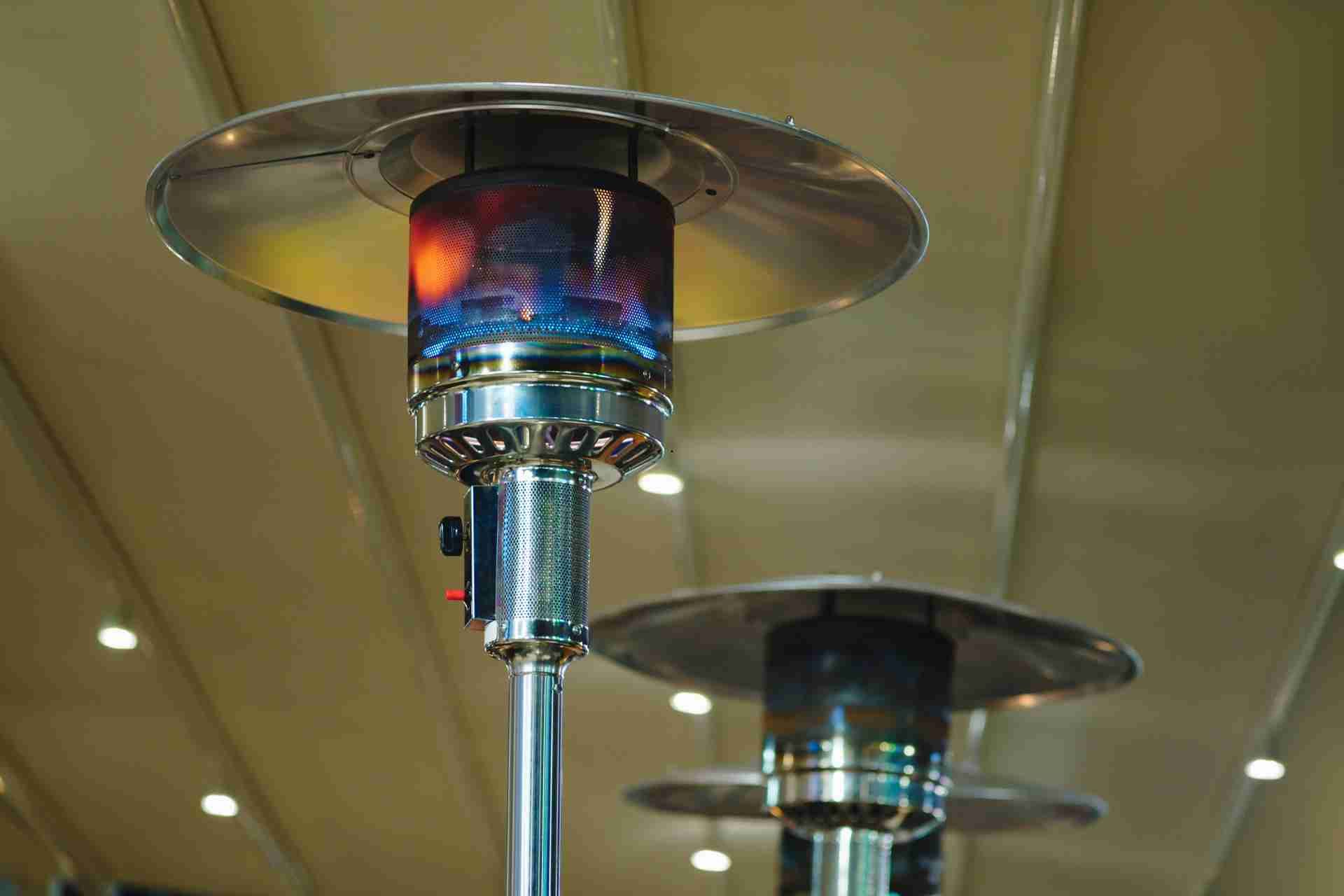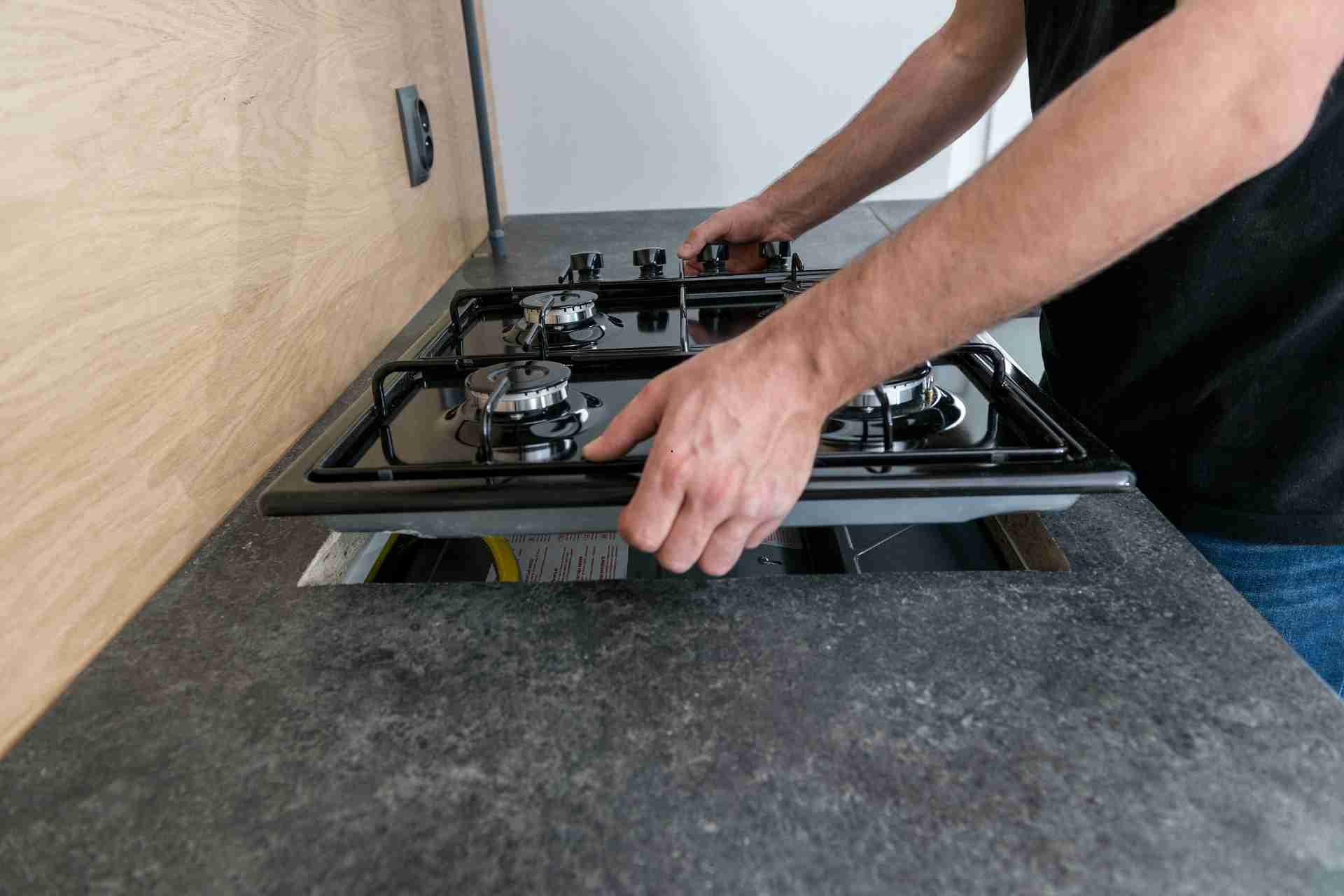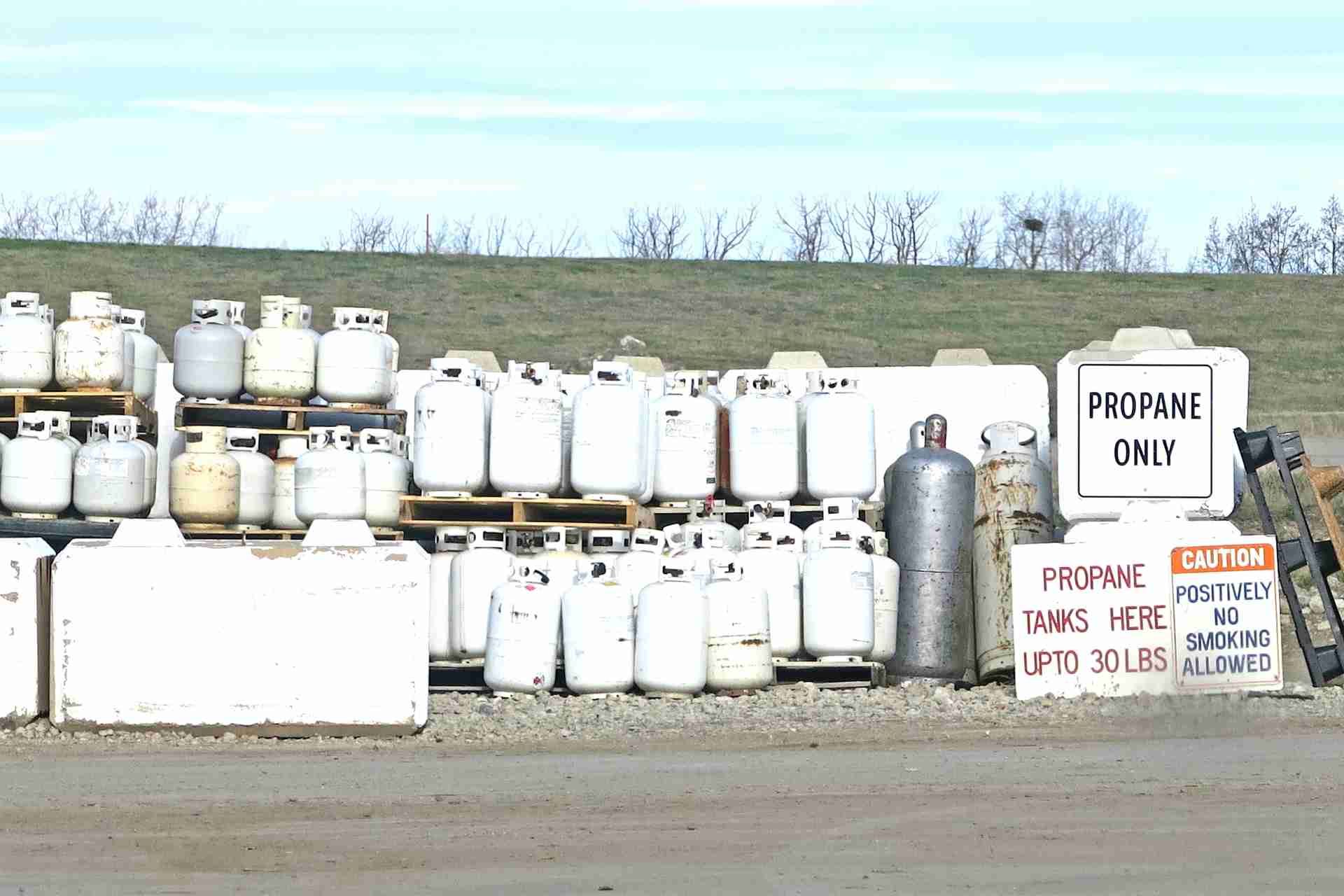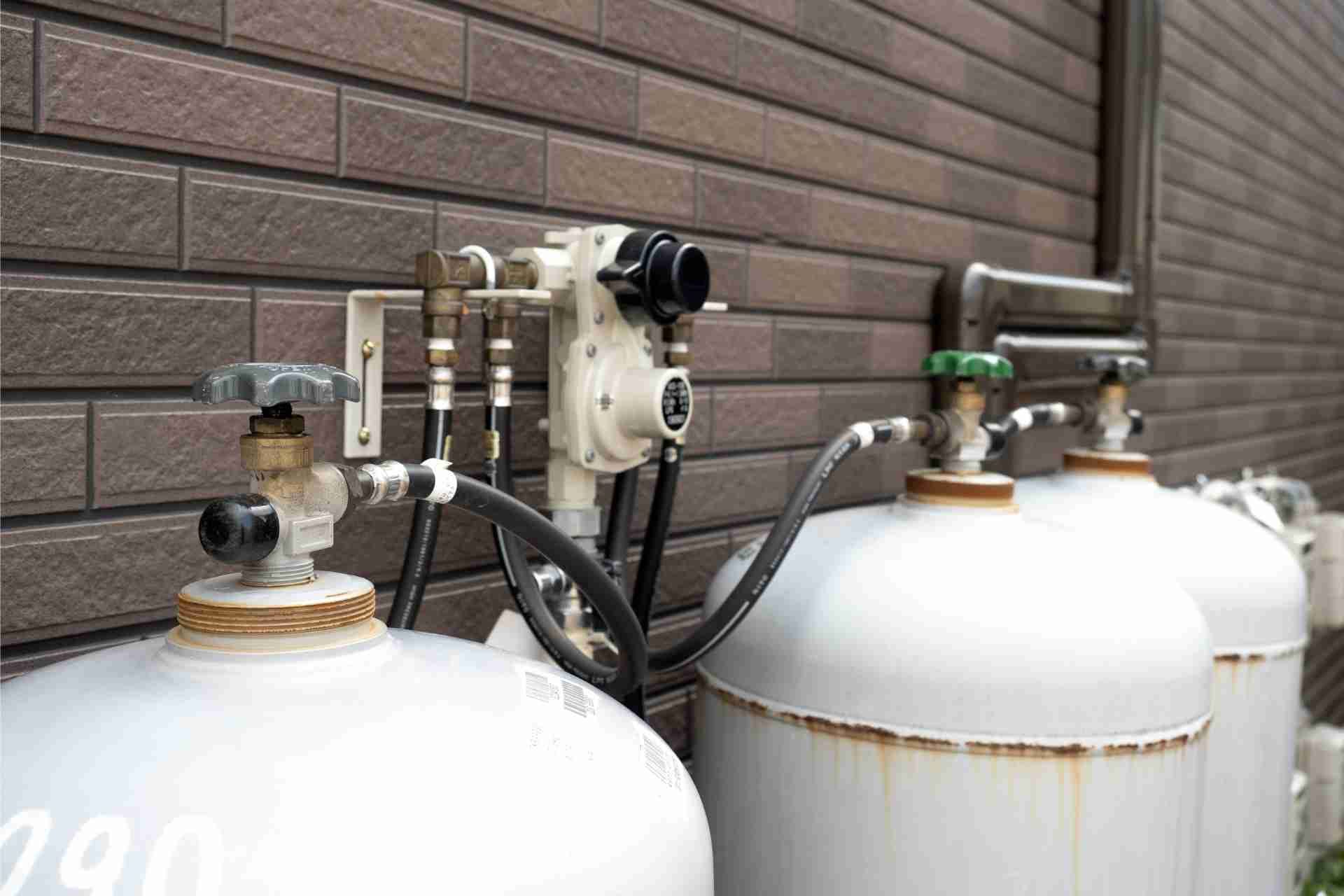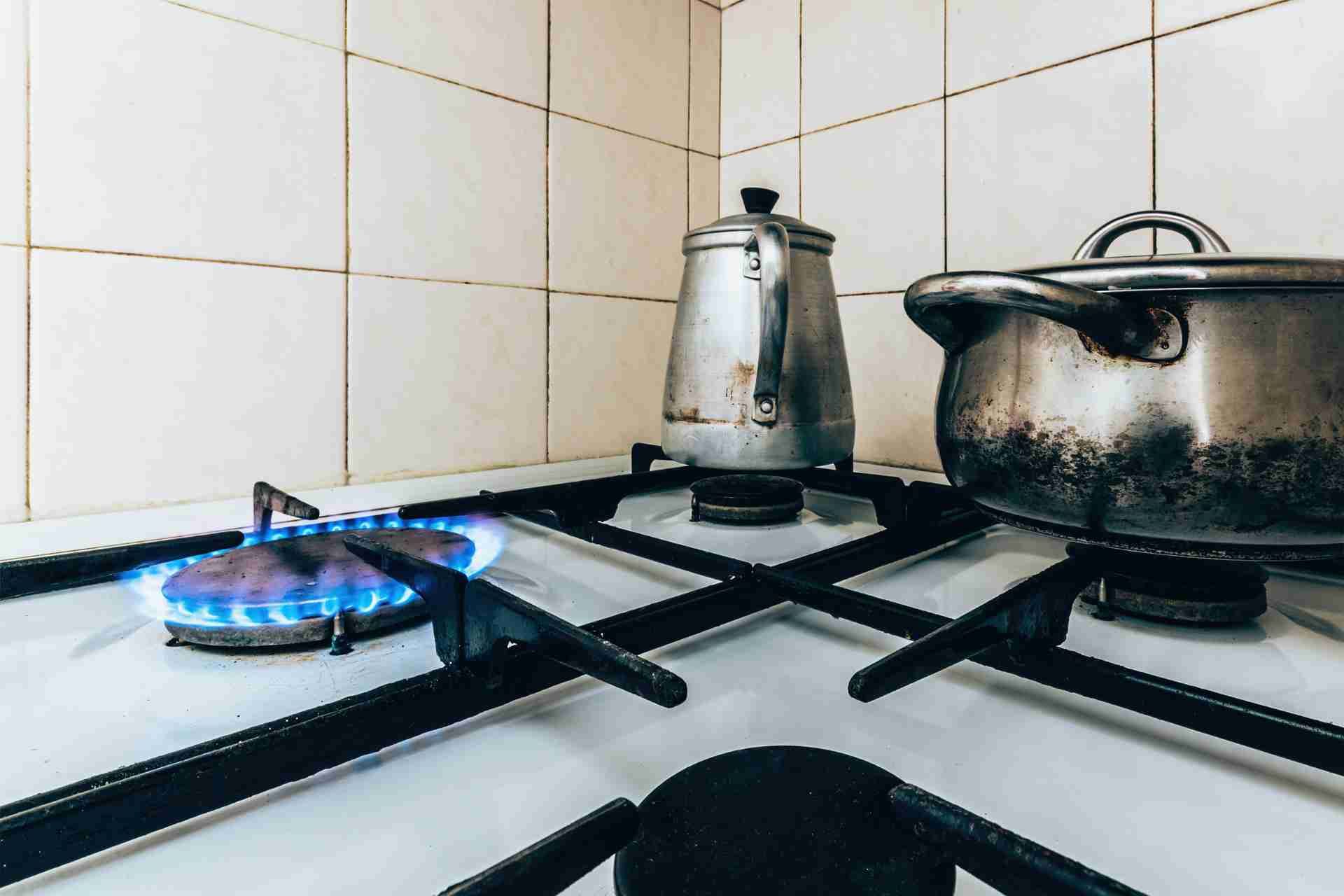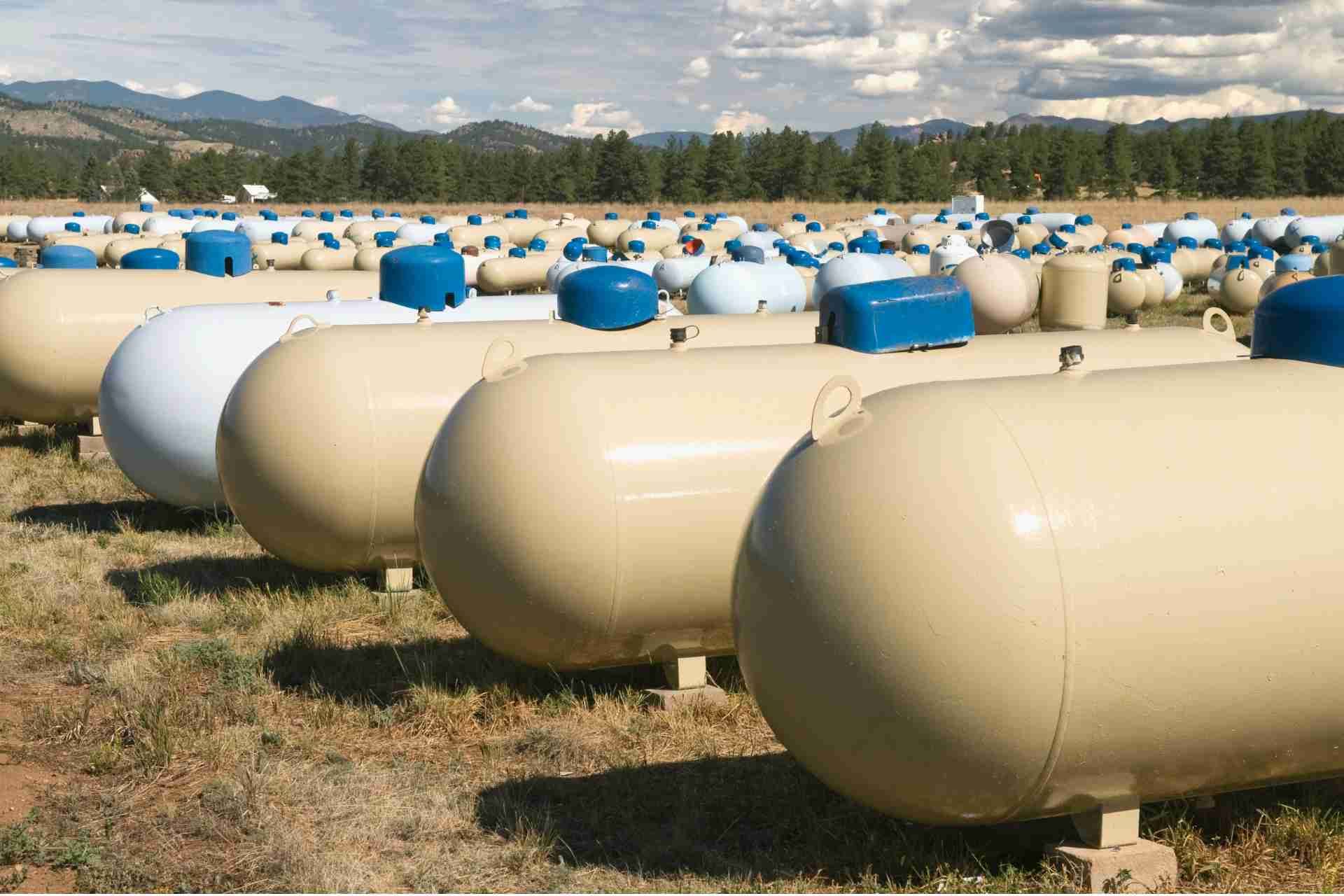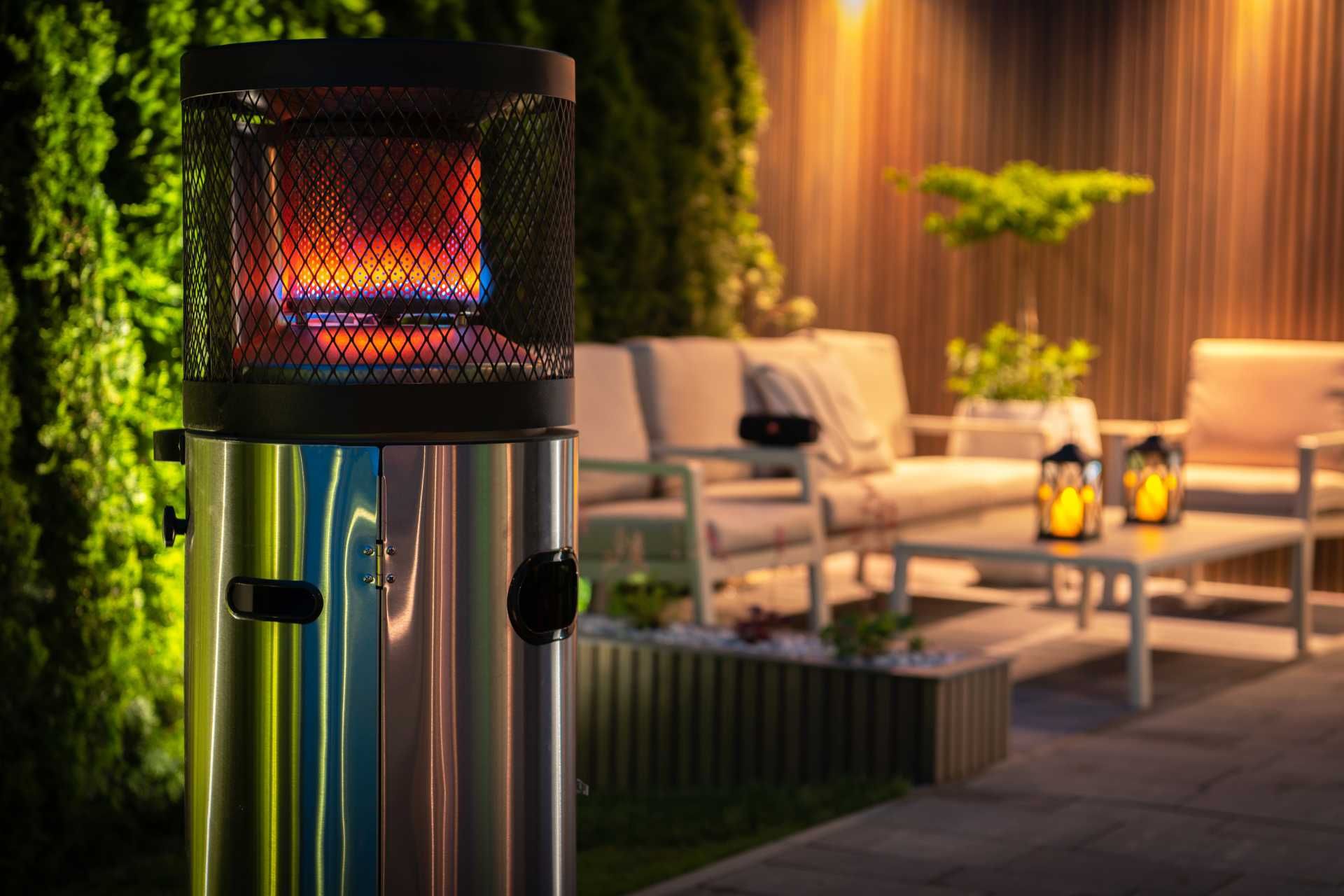Call Us Today
Propane Safety During Power Outage
Power outages are common occurrences during severe weather events or other emergencies.
During a power outage, propane can be an essential energy source for heating, cooking, and running generators. However, it’s crucial to handle propane with care to ensure safety. Here are some important tips and guidelines for using propane safety during power outage:

Inspect Your Equipment Regularly
Before a power outage occurs, take the time to inspect your propane equipment to ensure it is safe and functioning properly. This could potentially save you from a cold and uncomfortable situation if you lose power during the winter months.
Here are some tips for inspecting your propane equipment:
- Check for Leaks: Propane leaks can be very dangerous, so it's important to check for them regularly. Use a solution of soapy water to check for bubbles at the connections and valves of your propane tank and appliances. If you see any bubbles, it could indicate a leak and you should call a professional to have it repaired.
- Look for Damage: Inspect your propane tank and appliances for any signs of damage, such as rust, dents, or corrosion. These could be indicators of a potential problem and should be addressed promptly.
- Test Your Appliances: Turn on each of your propane appliances to make sure they are working properly. Check the flame on your stove, water heater, and furnace to ensure it is blue and steady. If you notice any issues, contact a professional for repairs.
- Clean Around Your Propane Tank: Clear any debris or vegetation that has grown around your propane tank. This can help prevent damage and ensure proper ventilation for the tank.
- Have Regular Maintenance: Consider scheduling a professional maintenance check for your propane equipment at least once a year. A trained technician can identify and fix any potential problems before they become major issues. By inspecting your propane equipment regularly, you can ensure it is in good working condition and ready to operate during a power outage. Don't wait until it's too late – take the time to inspect your propane equipment before winter arrives. Your comfort and safety could depend on it.
Use Propane Generators Safely
Propane generators are a popular choice for backup power due to their efficiency, reliability, and ease of use. But just like any other type of generator, they can pose risks if not used properly. Here are some safety tips to keep in mind when using a propane generator during a power outage:
- Read the manufacturer's instructions: Before using a propane generator, make sure to read the manufacturer's instructions carefully. This will give you a better understanding of how to operate the generator safely and efficiently.
- Use the generator outdoors: Propane generators should always be used outdoors in a well-ventilated area. This will prevent the build-up of carbon monoxide, a colorless and odorless gas that can be deadly if inhaled in large amounts. Never run a propane generator in an enclosed space, such as a garage or basement.
- Keep the generator dry: Water and electricity don't mix, so it's important to keep your propane generator dry at all times. Make sure to set it up on a dry surface and cover it with a waterproof tarp if there's a chance of rain.
- Use the right fuel: Propane generators are designed to run on propane, so make sure you're using the correct type of fuel. Using the wrong fuel can damage the generator and pose a safety risk.
- Don't overload the generator: Propane generators come in various sizes and capacities, so make sure you're not overloading yours. Check the wattage requirements of the appliances you want to power and make sure the generator can handle them.
- Keep children and pets away: Generators can get hot during operation, so it's important to keep children and pets away from them. Make sure to place the generator in a secure location where it can't be accidentally bumped or touched.
Operate Propane Appliances Safely
When a power outage occurs, many families turn to their propane appliances to continue cooking, heating, and powering their homes. While propane appliances can be incredibly useful in these situations, it's important to operate them safely to prevent accidents and ensure the well-being of everyone in the home.
Here are some tips for safely operating propane appliances during a power outage:
- Ensure proper ventilation: When using propane appliances indoors, it's important to ensure proper ventilation to prevent the build-up of harmful gases such as carbon monoxide. Make sure that windows and doors are open to allow fresh air to circulate, and never use propane appliances in enclosed spaces.
- Keep flammable materials away: Propane appliances can produce heat and flame, so it's important to keep flammable materials such as curtains, paper, and furniture away from the appliance to prevent fires.
- Check for leaks: Before using propane appliances, check for any gas leaks by performing a soapy water test. Simply mix a solution of water and dish soap and apply it to the connections and hoses of the appliance. If you see any bubbles forming, this indicates a leak and the appliance should not be used until it is repaired.
- Follow manufacturer instructions: Always follow the manufacturer's instructions for operating and maintaining propane appliances. This includes proper installation, usage, and maintenance to ensure they operate safely and efficiently.
- Install carbon monoxide detectors: Since propane appliances can produce carbon monoxide, it's important to install carbon monoxide detectors in your home to alert you to any dangerous levels of the gas. Make sure to test the detectors regularly and replace the batteries as needed.
Detecting and Responding to Gas Leaks
The first step in detecting a gas leak is to be aware of the signs. Gas leaks often have a distinct odor that smells like rotten eggs. If you notice this smell, it is important to take immediate action. Other signs of a gas leak include hissing sounds near gas appliances, dead plants or vegetation near gas lines, and physical symptoms such as dizziness, nausea, or headaches.
If you suspect a gas leak in your home during a power outage, follow these steps to respond quickly and safely:
1. Do not use any electrical devices or appliances, including lights or cell phones, as these can create a spark and ignite the gas.
2. Open windows and doors to ventilate the area and allow the gas to dissipate.
3. Evacuate the building immediately and call 911 or your local gas company from a safe location outside.
4. Do not re-enter the building until a professional has inspected for and resolved the gas leak.
5. If you know how, turn off the gas supply to your home at the main shut-off valve. This will prevent more gas from leaking into your home.
To prevent gas leaks during a power outage, it is essential to have your gas appliances regularly maintained by a professional. Additionally, install carbon monoxide detectors in your home to alert you to the presence of dangerous gases.
Storing Propane Safely
The first step in storing propane safely during a power outage is to make sure that your propane tanks are properly secured and stored in a well-ventilated area. Propane is a highly flammable gas, so it’s important to keep it away from any potential ignition sources, such as open flames or electrical equipment. Make sure that your tanks are stored in an upright position and that they are not in danger of being knocked over or damaged.
It’s also important to regularly inspect your propane tanks for any signs of damage or wear. Look for rust, dents, or other damage that could compromise the integrity of the tank. If you notice any issues, contact a professional propane supplier to have the tank inspected and repaired.
In the event of a power outage, it’s important to have a plan in place for safely using your propane supply. Make sure that you have a working propane-powered generator or other backup source of power that you can use to keep your appliances running. If you plan to use a portable propane heater or stove during a power outage, make sure that they are properly vented to avoid the buildup of carbon monoxide.
Finally, it’s important to have a sufficient supply of propane on hand to last you through a power outage. Check your propane levels regularly and refill your tanks as needed. It’s a good idea to have at least one spare tank on hand so that you can easily switch out tanks when needed.
Emergency Preparedness
Being prepared for a power outage can help you use propane safely and efficiently.
- Emergency Kit: Include a propane-powered flashlight, extra propane tanks, and a battery-operated carbon monoxide detector in your emergency kit.
- Know Your System: Familiarize yourself with your propane system, including how to shut off the gas supply and where to find safety information.
- Safety Information: Keep contact information for your propane supplier and local emergency services readily available.
Carbon Monoxide Safety
Propane appliances can produce carbon monoxide if not properly ventilated. Protect your family from carbon monoxide poisoning by taking these precautions:
- Detectors: Install carbon monoxide detectors in your home, especially near sleeping areas and on every level of the house.
- Maintenance: Regularly maintain and inspect propane appliances to ensure they are working correctly and venting properly.
- Signs of CO Poisoning: Be aware of symptoms of carbon monoxide poisoning, such as headache, dizziness, nausea, and confusion. If you suspect carbon monoxide poisoning, get fresh air immediately and seek medical attention.
Having Problems with your Propane Tank?
Koopman & Sons Gas is a family-owned and operated company that has been serving the community for over 50 years. With their experience and expertise, they are the go-to experts for all propane tank-related issues. Whether you need a simple refill or a more complex repair, Koopman & Sons Gas has got you covered.
So, if you're having problems with your propane tank, don't hesitate to
give Koopman & Sons Gas a call.
QUICK LINKS
CONTACT US
Phone: (605) 446-3265
Address: 209 East 6th Street, Colton, SD 57018
Business Hours:
- Mon - Fri
- -
- Sat - Sun
- Closed
VISIT US
Copyright © 2023 Koopman & Sons Gas Co, Inc., All Rights Reserved.

